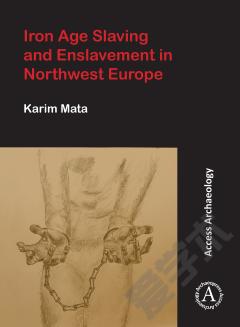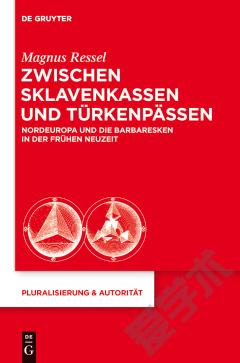Iron Age Slaving and Enslavement in Northwest Europe
Archaeologists have yet to consider seriously the impact of slaving and enslavement on socio-cultural developments in Iron Age Europe. Commonly treated as a mere byproduct of incessant tribal warfare, it is generally held that slavery was not a significant phenomenon in temperate Europe before the Roman era. This is a curious state of affairs considering the clear cross-paradigmatic recognition of competition and conflict as prime movers of historical transformation. How is it that prehistorians see evidence for social stratification and inter-group conflict in so many contexts, yet grant slavery so little attention? If slaving and enslavement can be shown to have been a significant transformative phenomena in Iron Age Europe, how would this affect the interpretation of (old and new) archaeological evidence, and how would this change ideas about broader socio-cultural developments that have long been considered known by those who have looked at these things through the lens of ‘acculturation’ or ‘complexification’? Comparative research shows how slavery is a multifaceted phenomenon with complex interrelated material, behavioral, and ideological dimensions. Therefore, any meaningful archaeological study has to take a multi-thread approach whereby a wide range of material categories and domains of social practice are examined, contextually, relationally, and comparatively. In taking such an approach, this exploratory study of the dynamics of Iron Age slaving and enslaving in Northwest Europe contributes to a complex but neglected topic.
{{comment.content}}








 京公网安备 11010802027623号
京公网安备 11010802027623号